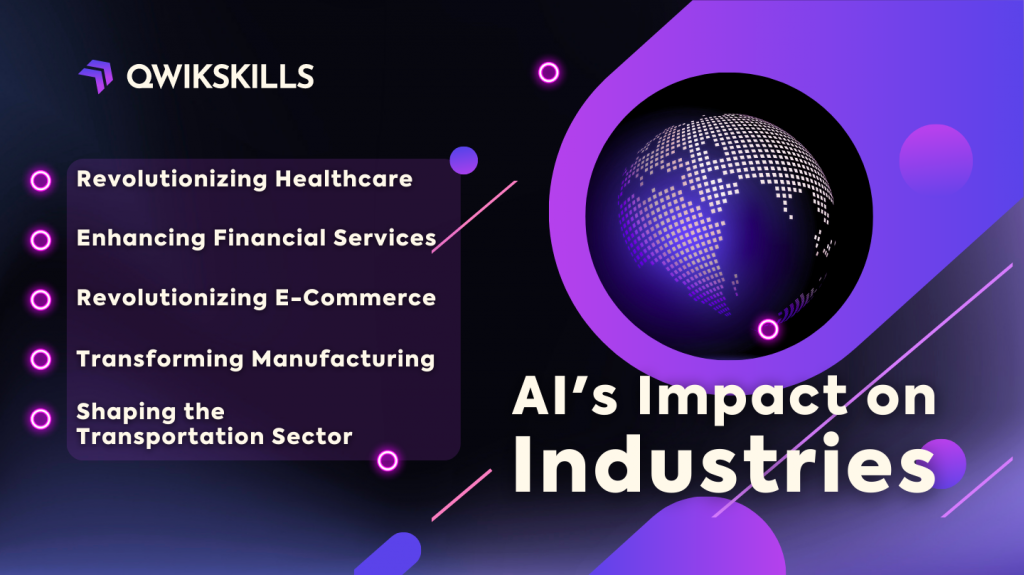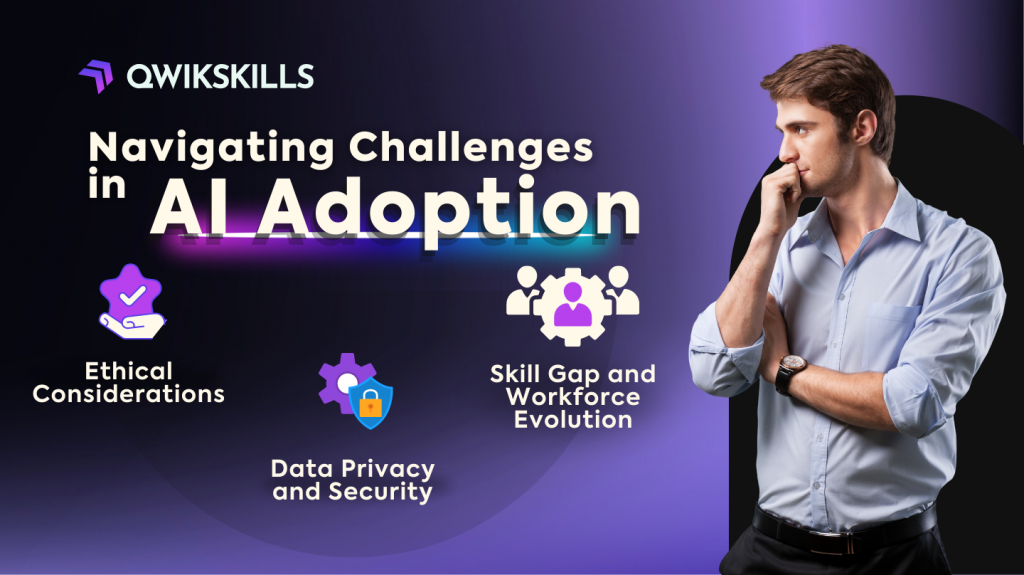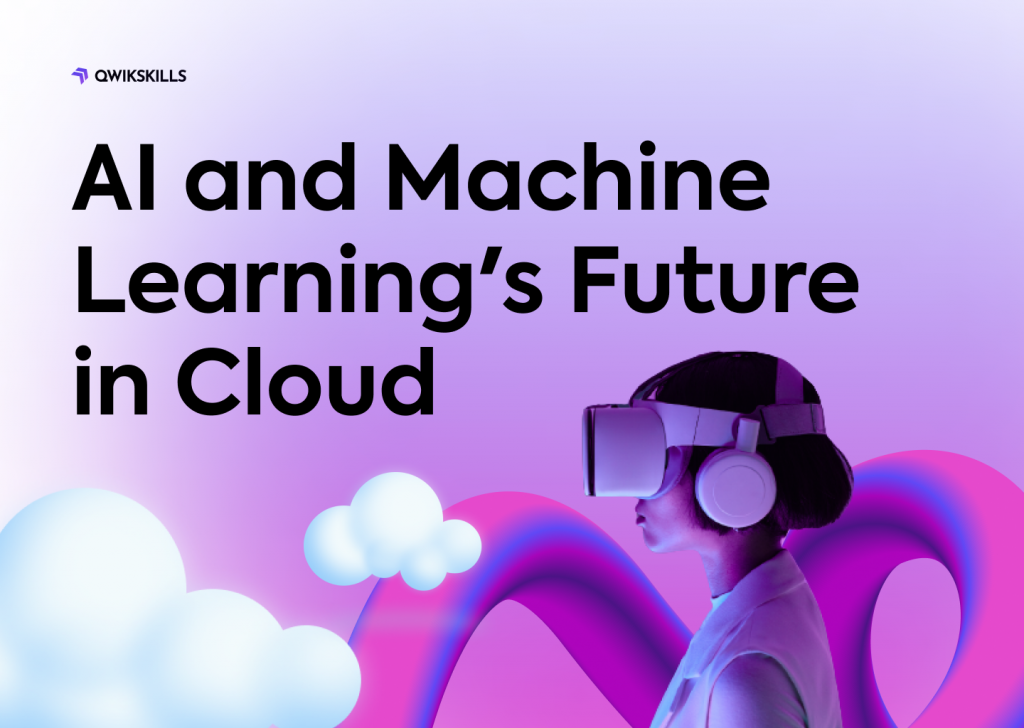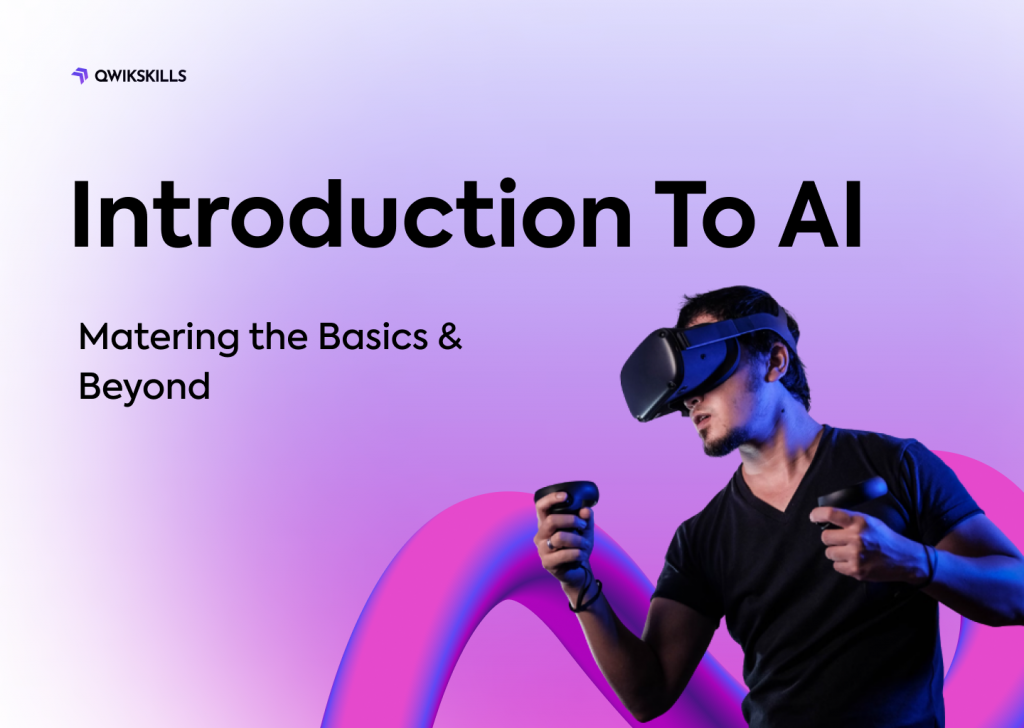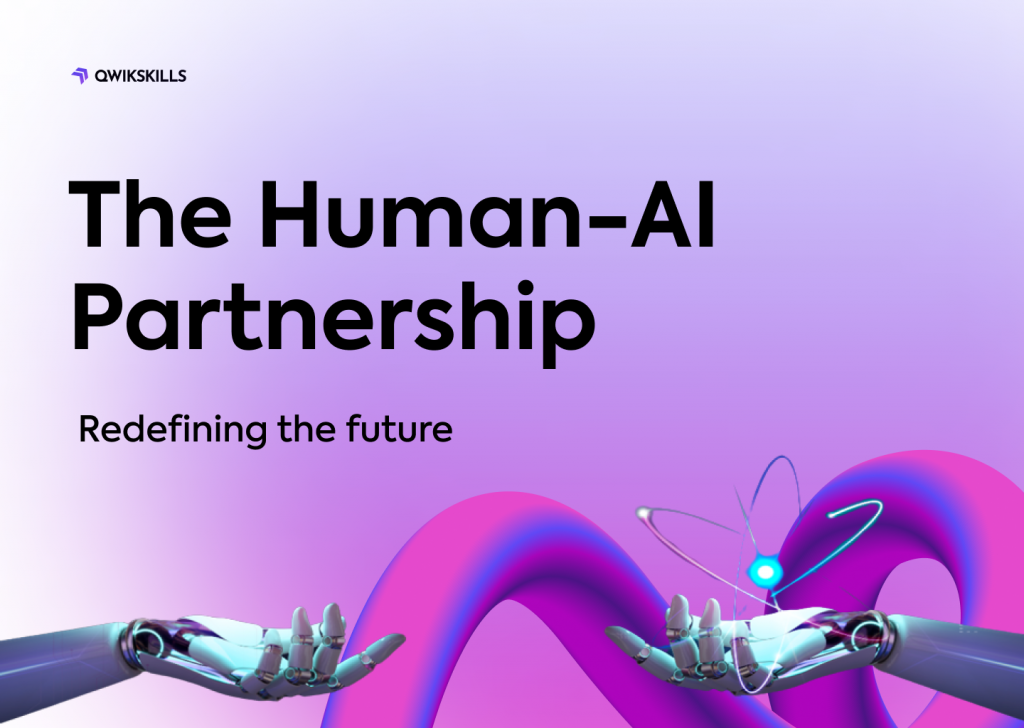In today’s rapidly evolving technological landscape, the emergence of machine learning and artificial intelligence (AI) has brought about a paradigm shift in various industries. From healthcare to finance, e-commerce to manufacturing, and transportation to logistics, the influence of AI-driven transformation is undeniable. This article delves into the profound impact of machine learning on different sectors, exploring its capabilities, applications, challenges, and future prospects.
Introduction
Machine learning, a subset of AI, involves the development of algorithms that enable computers to learn from and make predictions or decisions based on data. It’s the driving force behind the “smart” systems that have become an integral part of our lives. Whether it’s personalized recommendations on streaming platforms or virtual assistants responding to our queries, machine learning is at the heart of these innovations.
Understanding Machine Learning
At its core, machine learning relies on three primary categories: supervised learning, unsupervised learning, and reinforcement learning. In supervised learning, algorithms are trained on labeled data to make predictions or classifications. Unsupervised learning involves finding patterns and relationships within unlabeled data. Reinforcement learning, on the other hand, focuses on training algorithms to make sequential decisions by rewarding positive outcomes.
Data, algorithms, and model training are the pillars of machine learning processes. Data serves as the foundation, and the quality and quantity of data greatly influence the model’s performance. Algorithms are the rules that the model follows to perform a specific task. Model training involves adjusting the model’s parameters iteratively to minimize errors and enhance accuracy.
AI’s Impact on Industries
Revolutionizing Healthcare
Machine learning has ushered in a new era of healthcare by enabling early disease detection and personalized treatment plans. AI-driven image analysis assists in identifying abnormalities in medical images, enhancing diagnostic accuracy. Additionally, machine learning algorithms analyze vast datasets to discover potential drug candidates, expediting the drug discovery process.
Enhancing Financial Services
The financial sector benefits from AI-driven algorithms for fraud detection and risk assessment. These algorithms analyze transaction patterns and behaviors to identify anomalies indicative of fraud. Robo-advisors, powered by machine learning, provide automated investment recommendations based on individual financial goals and risk tolerance.
Revolutionizing E-Commerce
E-commerce platforms leverage machine learning to personalize customer experiences. Recommendation systems analyze user behavior and preferences to suggest products tailored to each individual. Natural language processing (NLP) enables chatbots and virtual shopping assistants to engage customers in real-time conversations, enhancing customer satisfaction.
Transforming Manufacturing
The concept of Industry 4.0 embraces smart factories powered by machine learning and automation. Predictive maintenance uses AI to predict equipment failures, minimizing downtime and increasing efficiency. Quality control processes benefit from real-time data analysis, ensuring consistent product quality.
Shaping the Transportation Sector
Self-driving cars represent a significant advancement in the transportation industry. Machine learning algorithms process sensor data to make real-time driving decisions, aiming to reduce accidents and enhance road safety. Additionally, AI algorithms optimize logistics and route planning, streamlining supply chain management.
Navigating Challenges in AI Adoption
Ethical Considerations
As AI becomes more integrated into our lives, addressing bias and fairness in machine learning algorithms is paramount. Algorithms trained on biased data can perpetuate societal inequalities. Transparent decision-making processes are essential to ensure that AI-driven decisions are understandable and justifiable.
Data Privacy and Security
The collection, storage, and sharing of data raise concerns about privacy and security. Striking a balance between utilizing data for AI advancements and safeguarding individuals’ personal information is crucial. Regulatory frameworks like the General Data Protection Regulation (GDPR) impose guidelines for responsible data usage.
Skill Gap and Workforce Evolution
AI adoption necessitates upskilling and reskilling the workforce to remain relevant. As routine tasks become automated, there’s a growing demand for skills in data analysis, AI development, and human-AI collaboration. Embracing AI as a tool for augmentation rather than replacement is key.
Future Prospects of AI and Machine Learning
The future holds exciting possibilities for AI development and its impact on industries. We can anticipate increased integration of AI into daily life, from predictive healthcare diagnostics to hyper-personalized marketing strategies. Breakthroughs in AI research, such as quantum computing and explainable AI, will unlock new realms of possibility, further blurring the line between human and machine capabilities.
FAQs
- What is the significance of machine learning in today’s world?Machine learning drives data-driven decision-making, revolutionizing industries and transforming our interaction with technology.
- How does AI impact the healthcare industry?AI in healthcare enables early disease detection, personalized treatments, and expedited drug discovery through data analysis.
- Can you provide examples of AI applications in the financial sector?AI detects fraud, assesses risks, and robo-advisors offer personalized investment recommendations.
- What role does NLP play in e-commerce?Natural Language Processing powers chatbots and recommendation systems, enhancing customer experiences in e-commerce.
- How is machine learning changing the landscape of manufacturing?It enables predictive maintenance and quality control in smart factories, optimizing manufacturing processes.
- What are the ethical concerns surrounding AI adoption?AI biases and transparency in decision-making raise ethical concerns, necessitating responsible AI development.
- How does data privacy affect AI development?Data privacy regulations like GDPR impact AI development, ensuring responsible data usage and protection.
- What skills are essential for a future driven by AI?AI demands upskilling and reskilling, along with the ability to collaborate with AI systems effectively.
- What are the potential future trends in AI and machine learning?Future trends include advanced NLP, quantum computing, precision medicine, and seamless AI integration in various sectors.
Conclusion
The transformative power of machine learning is evident across industries, revolutionizing the way we approach healthcare, finance, e-commerce, manufacturing, and transportation. As we navigate the challenges of ethical considerations, data privacy, and workforce evolution, it’s essential to recognize AI’s role in shaping the future of technology and human existence. As AI continues to evolve, so too will our understanding of what’s possible in the world of innovation and progress.
Ready to embrace the AI revolution? Explore QwikSkills for cutting-edge courses in AI, machine learning, and more. Elevate your skills and be a part of the future. Enroll now and embark on your journey towards mastering AI-driven industries!


